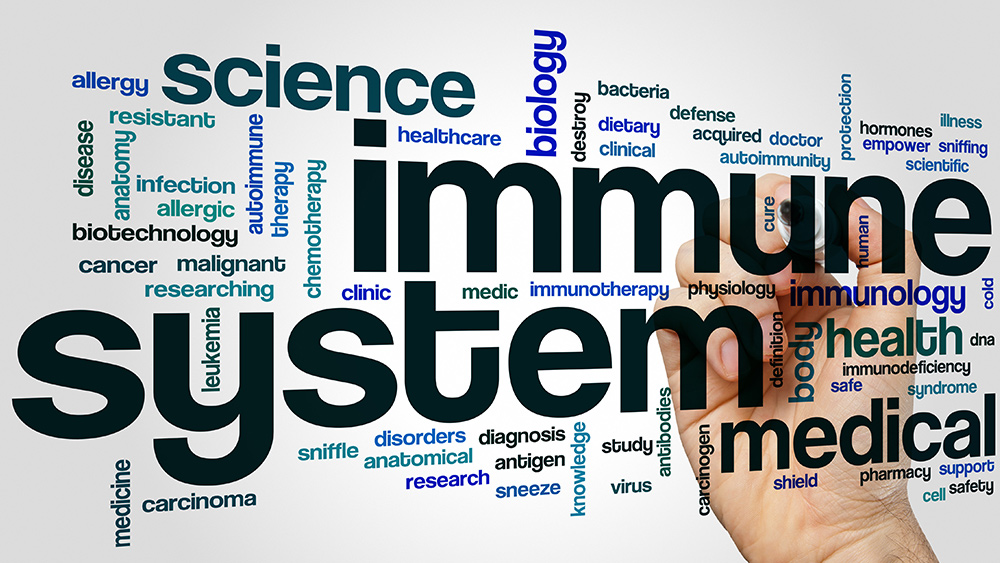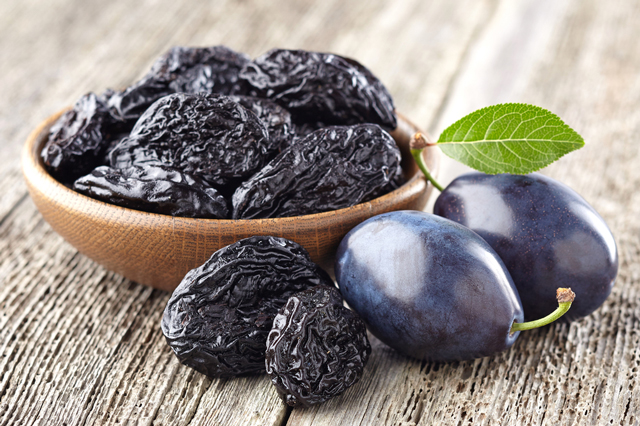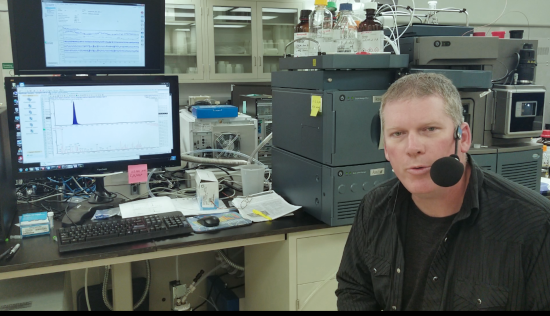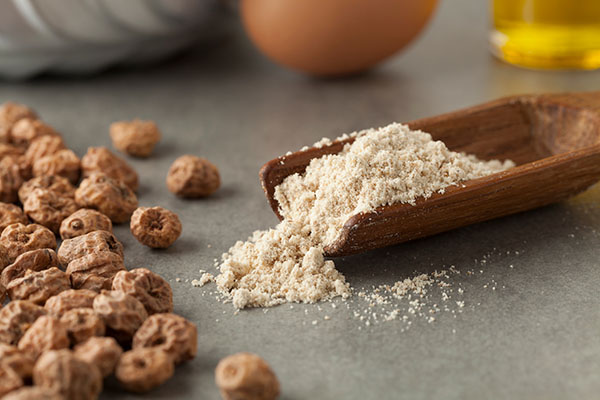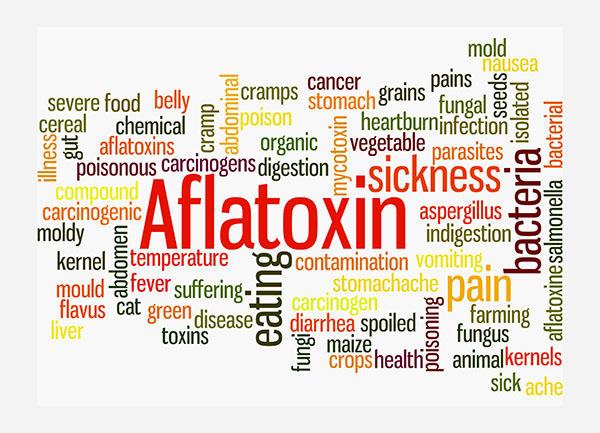Study: Plant-based diet, soybeans help reduce menopausal hot flashes
11/22/2022 / By Olivia Cook

Menopausal hot flashes are a common symptom experienced by older women. A 2021 study found that eating soybeans and shifting to a plant-based diet reduces occurrences of this symptom by about four-fifths.
The study published in Menopause looked at 38 post-menopausal women aged between 40 and 65 for a period of 12 weeks. Some study participants shifted to a low-fat, plant-based diet supplemented with half a cup of soybeans daily. Those in the control group, meanwhile, did not change their diet.
All 38 volunteers then recorded the severity and frequency of hot flashes they experienced over the course of the study period.
After 12 weeks, the researchers found that nearly 60 percent of the volunteers who changed their diets no longer experienced moderate to severe hot flashes. The study authors added that total occurrences of hot flashes, including mild ones, decreased by 79 percent.
Moreover, the participants who shifted to a plant-based diet with soybeans during the study period experienced “significant improvements in their quality of life.” They also reported losing an average of eight pounds. (Related: Dreading menopause? Delay it with a healthy diet!)
According to the study authors, similar research was conducted among women living in Japan back in the 1980s. The study found that hot flashes occurred less frequently in Japanese women – which was attributed to their traditional plant-based diets. Hot flashes were reported twice as frequently when the country’s diet became westernized.
The National Institute on Aging defines menopause as a normal biological process that is part of aging. Menopause marks the end of a woman’s menstrual cycle. Peri-menopause – also called menopause transition – can begin eight to 10 years before a woman’s actual menopause period, while post-menopause will last until end of life.
The ovaries decrease the number of hormones they make, particularly estrogen – which influences how the body uses calcium and maintains cholesterol levels – and progesterone as menopause nears.
Exercise helps address menopausal symptoms
Hormone replacement therapy (HRT) has long been the treatment of choice of most women to relieve menopausal symptoms. Breast tenderness, nausea, headaches/migraine and erratic bleeding are some symptoms that force women to resort to HRT. However, HRT can cause unwanted side effects.
Hot flashes are another menopausal symptom that causes discomfort to older women.
Regular exercise and stress reduction techniques (breathing exercises, mindful meditation, yoga, tai chi, qi gong, repetitive prayer) can help ease discomfort from hot flashes and can lessen the length, severity and frequency of occurrences.
Physical activity also helps improve energy, mood, quality of sleep and reaction to hot flashes — making it a little easier to cope with them.
Studies have shown that the benefits of regular exercise can be felt “in as little as five minutes.”
It is also a great way to process stress hormones — aiding relaxation and promoting better sleep — and release endorphins, the body’s feel-good chemicals that act as a natural antidepressant.
Spending time outdoors in nature such as taking hikes not only provides a calming effect, but also helps the body produce vitamin D from sunlight. Vitamin D has been shown to improve mood and reduce stress.
Head over to WomensHealth.news for more tips on how to deal with menopause naturally.
Watch this video about how to relieve menopause with herbal remedies.
This video is from the Natural Cures channel on Brighteon.com.
More related stories:
Headphones allow patients to “listen” to their brainwaves to east hot flashes.
How exercise can lessen the symptoms of menopause.
Acupuncture improves sex drive and decreases hot flashes.
Flaxseed: An alternative to HRT for reducing menopause symptoms.
Sources include:
Submit a correction >>
Tagged Under:
aging secrets, alternative medicine, exercise, fasting, food cures, food is medicine, food science, health science, Menopause, menopause symptoms, natural cures, natural health, natural medicine, organics, plant-based diet, remedies, research, Soybeans, women's health
This article may contain statements that reflect the opinion of the author
RECENT NEWS & ARTICLES
COPYRIGHT © 2017 ORGANICS NEWS


